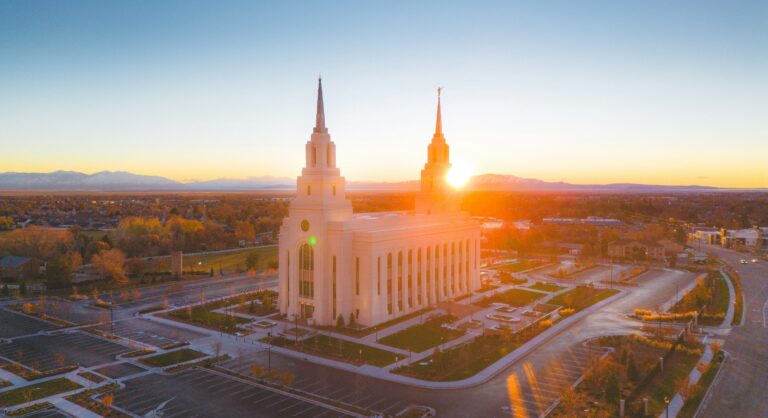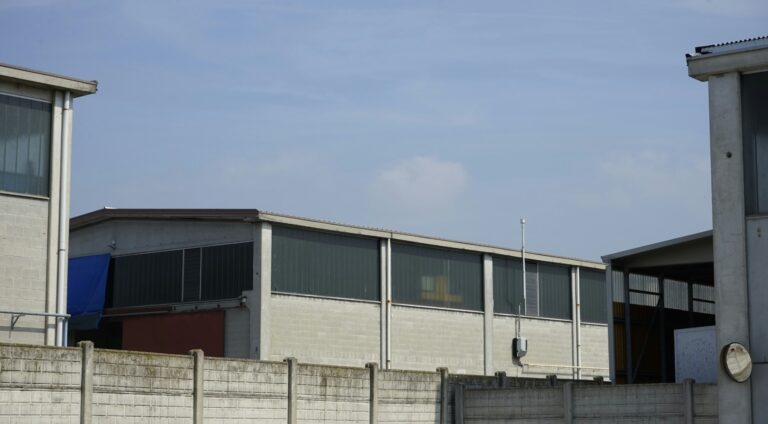Clergy, church leaders, and religious organizations primarily serve to provide spiritual, and moral leadership, and a nurturing community to their adherents. When a member of the clergy or a church leader commits sexual abuse, it inflicts profound harm on the victims. Such acts of abuse represent a grievous breach of trust, not only by the individual perpetrator but also by the religious institution that failed to prevent the abuse. This betrayal is deeply damaging, as it exploits the victims’ trust and faith, undermining the very foundations of their spiritual and community support.
While the Catholic Church has been in the spotlight for its abuse issues, the issue of child sexual abuse by trusted figures extends beyond the confines of the Catholic Church and is a widespread problem affecting various faiths. Incidents of abuse perpetrated by clergy from numerous religious backgrounds are well-documented. A common thread among many religious organizations is the presence of organizational structures and cultural norms that inadvertently foster and facilitate the sexual abuse of vulnerable individuals within their communities.
Disclosing incidents of sexual abuse is not only a moral duty but also a legal requirement, with the potential to save lives and prevent additional harm. Survivors of sexual abuse often suffer in silence, burdened by feelings of guilt, shame, and fear. Coming forward with these experiences enables survivors to seek and receive the support and resources vital for their healing process. Furthermore, reporting contributes to the identification and prosecution of the perpetrators, thereby protecting others from becoming victims of similar abuses.
The legal team at Crew Janci specializes in representing individuals who have been subjected to abuse by clergy and church leaders across a variety of organizations, including:
• Catholic entities, encompassing churches and schools managed by dioceses and religious communities (such as nuns and brothers);
• The Mormon Church also recognized as The Church of Jesus Christ of Latter-day Saints;
• The Seventh-day Adventist Church;
• Methodist congregations along with other mainstream Protestant denominations (such as Presbyterian);
• Evangelical, Fundamentalist, and Pentecostal groups;
• Mennonite communities and other groups within the Anabaptist tradition;
• Jehovah’s Witnesses (Watchtower Society);
• Organizations associated with Eastern and New Age spiritual practices;
• Among others.
At Crew Janci, we have an in-depth understanding of the recurring patterns of abuse, silence, shame, and cover-up prevalent within religious organizations and other institutions. Through litigation, we aim to provide victims with a path to healing through justice and financial restitution, while also compelling institutional accountability. This leads to crucial changes in policies and practices within these organizations, ensuring better protection for children currently and in the future under their care.
Understanding Clergy Sexual Abuse
Clergy sexual abuse refers to any form of sexual misconduct or assault perpetrated by an individual in a position of religious authority, such as priests, pastors, ministers, rabbis, imams, and others who hold leadership roles within religious organizations. This abuse can take various forms, including but not limited to:
• Physical Abuse: This can include touching, fondling, rape, or any sexual activity with a minor or an adult who is not able to give consent.
• Emotional and Psychological Abuse: Exploiting their trust and authority to manipulate or coerce victims into sexual activities, often accompanied by threats or manipulation that exploit the victim’s spiritual beliefs or position within the religious community.
• Spiritual Abuse: Using their spiritual authority to justify or demand sexual acts, often framing these acts as part of the victim’s spiritual duty or a test of faith.
Clergy sexual abuse is a profound betrayal of trust and faith, inflicting long-lasting psychological, emotional, and sometimes physical harm on the victims. It is not only a violation of personal boundaries and rights but also a misuse of the sacred trust and authority vested in religious leaders.
Data on sexual abuse within the Catholic Church are strikingly alarming: a Pew Research survey disclosed that approximately “90% of U.S. adults, which includes 95% of Catholics, are at least somewhat aware of recent accounts of sexual abuse and misconduct by Catholic priests and bishops.” And statistics on other religious groups, including Southern Baptist, the Mormon Church, and others are just as alarming.
6 Truths Behind Clergy Sexual Abuse and Misconduct
1. Abuse of Trust and Power – Clergy are in a position of power and often harm their constituents who seek spiritual guidance or support. Exploiting the trust and authority vested in clergy to manipulate or coerce victims into sexual activities, often accompanied by threats or manipulation that exploit the victim’s spiritual beliefs or position within the religious community.
2. Systemic Failures – The nature of the church in most religions is one of secrecy, silence, and inadequate response mechanisms. The result is that clergy sexual abuse often goes unreported.
3. Impact on Victims – The emotional, psychological, and spiritual harm experienced by the victims of clergy sexual abuse is often long-lasting. With no emotional support outlet, young victims often deal with their trauma by themselves and they are ill-equipped to do so effectively.
4. Institutional Cover-up – Religious institutions across denominations have consistently concealed abuse, blamed victims, and pressured victims to remain quiet. Often they suggest correcting the abuse by transferring perpetrators to other churches, allowing them to continue their sexual abuse and harm others.
5. Legal and Financial Consequences – Institutions implicated in sexual abuse and cover-ups may face lawsuits, investigations, financial settlements, and constituent shame, damaging their reputation within their community.
6. Accountability and Prevention – Addressing clergy abuse demands robust and rigorous policies, perpetrator accountability, and support for survivors. It also requires some level of transparency and public acknowledgment of wrongdoing.
6 Common Misconceptions Surrounding Clergy Sexual Abuse
1. Rare Occurrence – While many think that clergy sexual abuse is a rare occurrence, the fact is it’s quite widespread. The Pew Research survey linked above paints a clear picture with findings such as:
• 92% of adults have heard about recent reports of sexual abuse or misconduct by Catholic priests and bishops. (58% have heard a lot, while 34% have heard a little).
• About one-in-ten (9%) say they have attended a place of worship where the clergy or other religious leaders have been accused of sexual misconduct in the past five years.
2. Limited to Certain Religious Groups – While the Catholic Church has seen its fair share of the spotlight on sexual abuse, the fact is that it occurs across religious groups, including Southern Baptists, the Mormon Church, and other religious organizations.
3. Only Involved Children – While many high-profile sexual abuse cases do involve children, adults – both male and female – are also noted victims.
4. Blaming the Victims – Victims of sexual abuse at the hands of clergy are often subject to victim-blaming. In reality, the perpetrators are solely responsible for their actions and should be held accountable. Victims should be supported when they extend the courage to come forward with allegations of abuse.
5. Primarily Overt Violence – Sexual abuse is not a crime solely based on physical violence. More often than not in the case of clergy, it involves manipulation and psychological coercion.
6. Easily Resolvable Issue – Due to the nature of sexual abuse, there are often perpetuations of stigma that result in barriers to effective resolutions. A sustained effort of reforms and cultural change from the top down is needed within religious organizations to effectively manage the overall issue of church sexual abuse.
By acknowledging the truths behind misconduct and better understanding the misconceptions of clergy sexual abuse, we can better understand the scope of the problem and how to better work towards meaningful solutions designed to help victims and survivors of sexual abuse.
Crew Janci and our team of legal experts and support staff may be able to help. Contact us today!
9755 SW Barnes Road, Suite 430, Portland, Oregon 97225
(888) 407-0224
info@crewjanci.com
Submit Our Confidential Form































